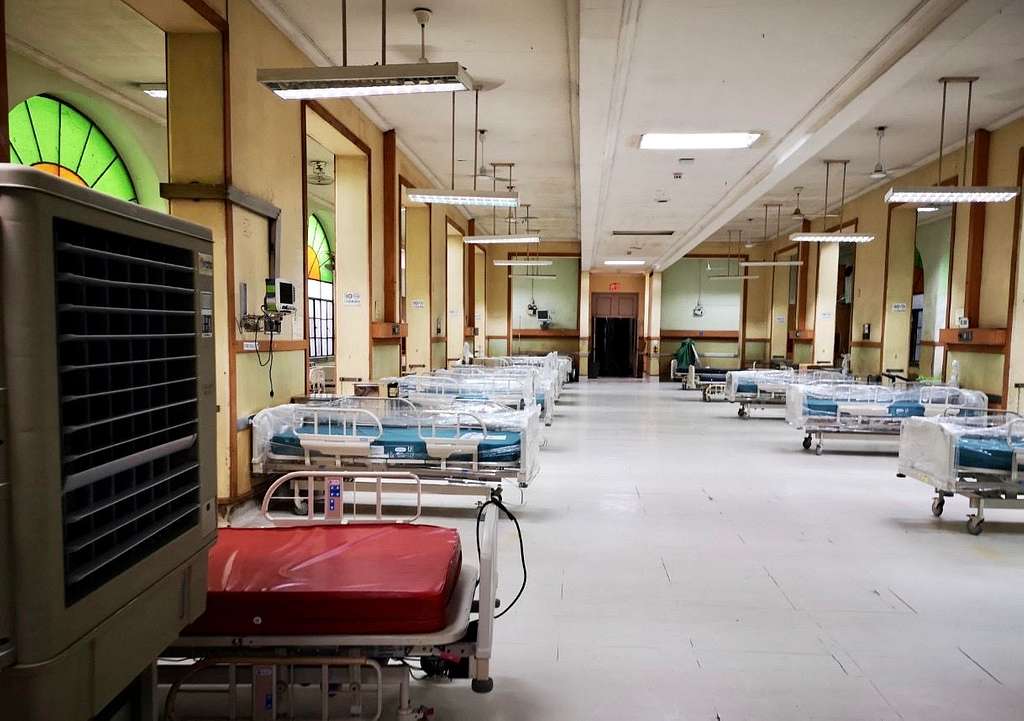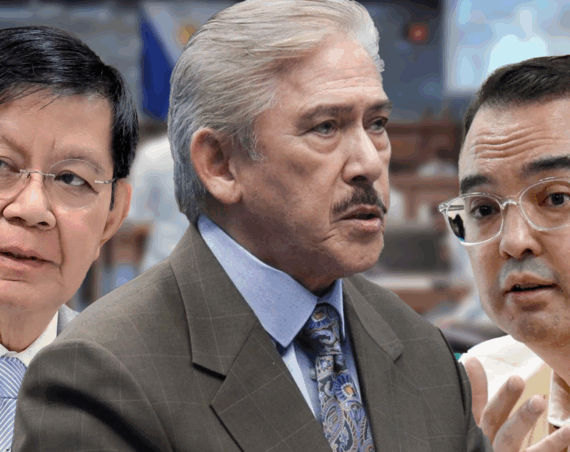In a country where health is constitutionally recognized as a human right, the Philippine healthcare system remains chronically underfunded, inequitable, and inaccessible—especially for the poor.
The evidence is overwhelming: healthcare is not a national priority, and our healthcare workers are being driven out by neglect.
Healthcare Workers Are Leaving—Because We’re Failing Them
- The Philippines faces a shortage of at least 127,000 nurses, with fewer than 8 doctors per 10,000 people, far below the WHO standard of 10 per 10,000
- In Metro Manila, nurses earn as little as ₱12,000/month (~$215)—a fraction of what they could earn abroad
- Over 300,000 Filipino nurses are now working overseas, leaving local hospitals understaffed and overwhelmed
- Many health graduates are unprepared for public health work, due to hospital-centric education and lack of community-based training
PhilHealth: From Lifeline to Liability
- In 2025, PhilHealth was defunded entirely, receiving zero allocation in the national budget
- Over ₱89.9 billion in PhilHealth funds were transferred to the national treasury, despite the agency having negative equity and a deficit of ₱663 billion
- This defunding violates the Universal Health Care Act and Sin Tax Law, which mandate government support for indigent healthcare
- Millions of Filipinos—including senior citizens, PWDs, and 4Ps beneficiaries—are now at risk of losing coverage.
Hospital Scarcity: A Death Sentence for the Poor
- Rural areas suffer from severe hospital shortages. In provinces like Cebu, patients travel 150 km or more for basic diagnostics like CT scans
- Infirmaries—often misclassified as hospitals—lack equipment, staff, and beds. Some operate without dental chairs or nebulizers
- In 2023, rural patients waited 30% longer for medical consultations than urban residents
- The Department of Health reports worn-out facilities, delayed referrals, and overcrowded emergency rooms across provincial hospitals
Out-of-Pocket Costs Are Crushing Filipino Families
- In 2024, Filipinos paid ₱615 billion out-of-pocket for healthcare—a 11.8% increase from the previous year
- These payments accounted for 42.7% of total health expenditure, nearly matching government contributions
- Healthcare is now the third leading cause of household debt in the Philippines
Call to Action
We must demand:
- Restoration of PhilHealth funding and accountability for fund transfers.
- Fair wages and career pathways for healthcare workers to stop the brain drain.
- Infrastructure upgrades in rural hospitals and equitable distribution of medical resources.
- Legislative protection for Universal Health Care and Sin Tax allocations.
Healthcare is not a privilege—it is a right. And every Filipino deserves a system that protects, not abandons, them.





EDITORIAL: The abuse of class suspensions has gone too far